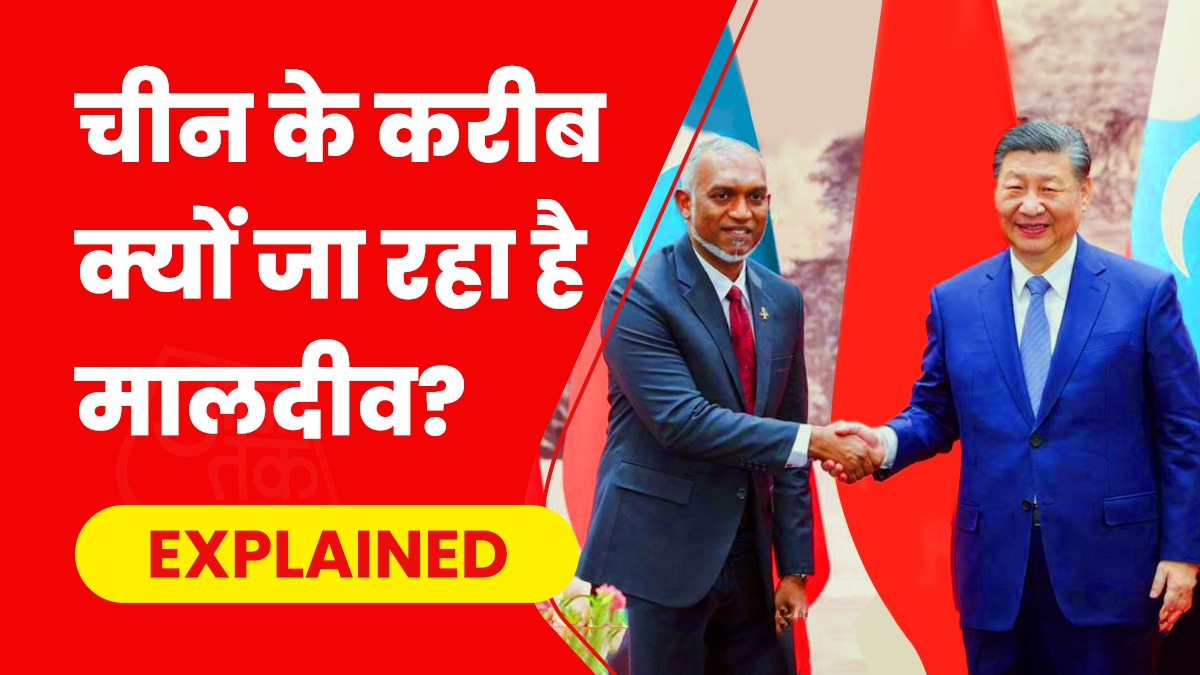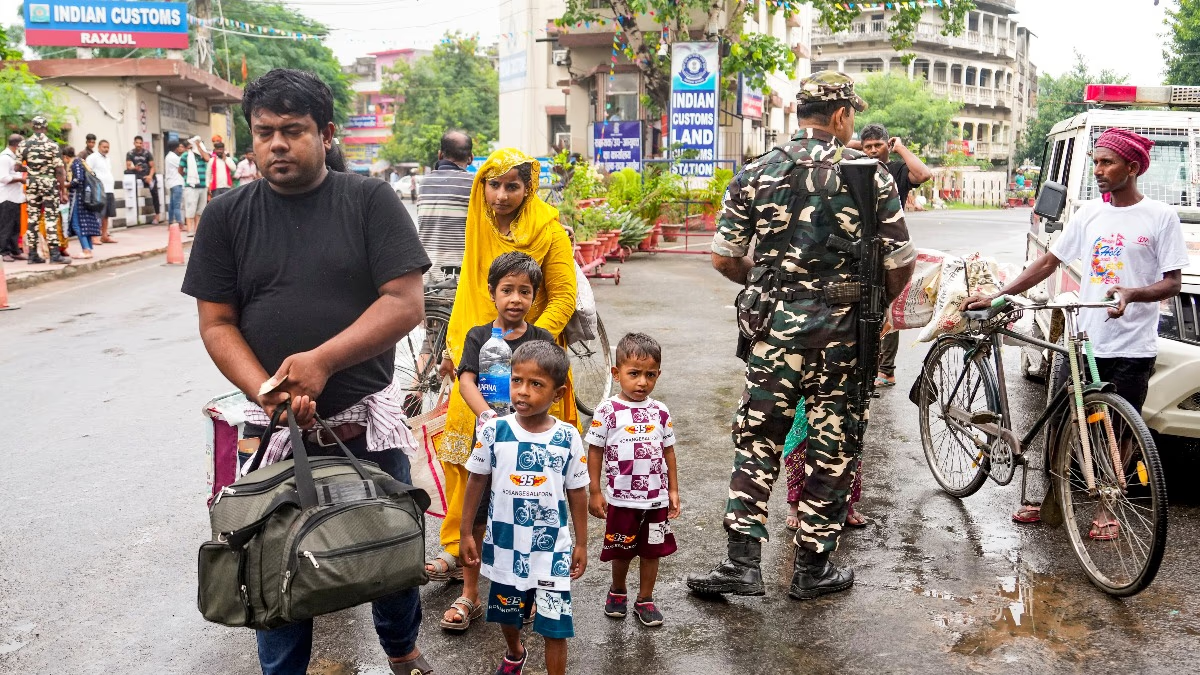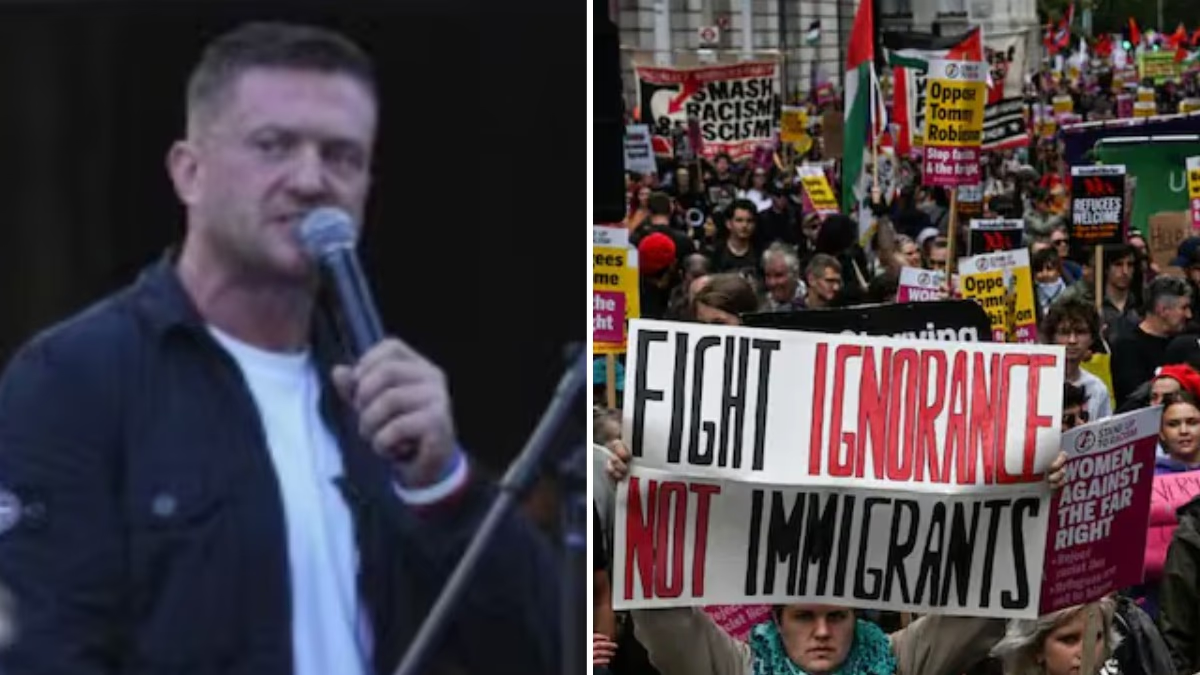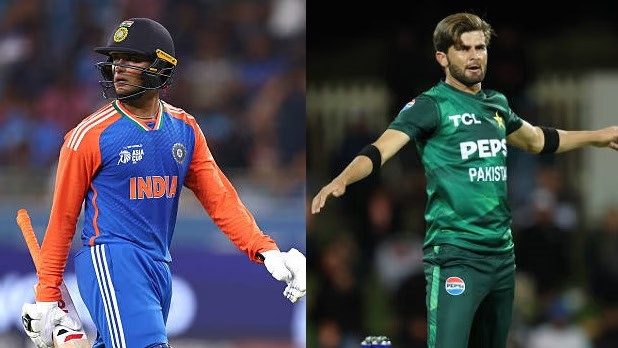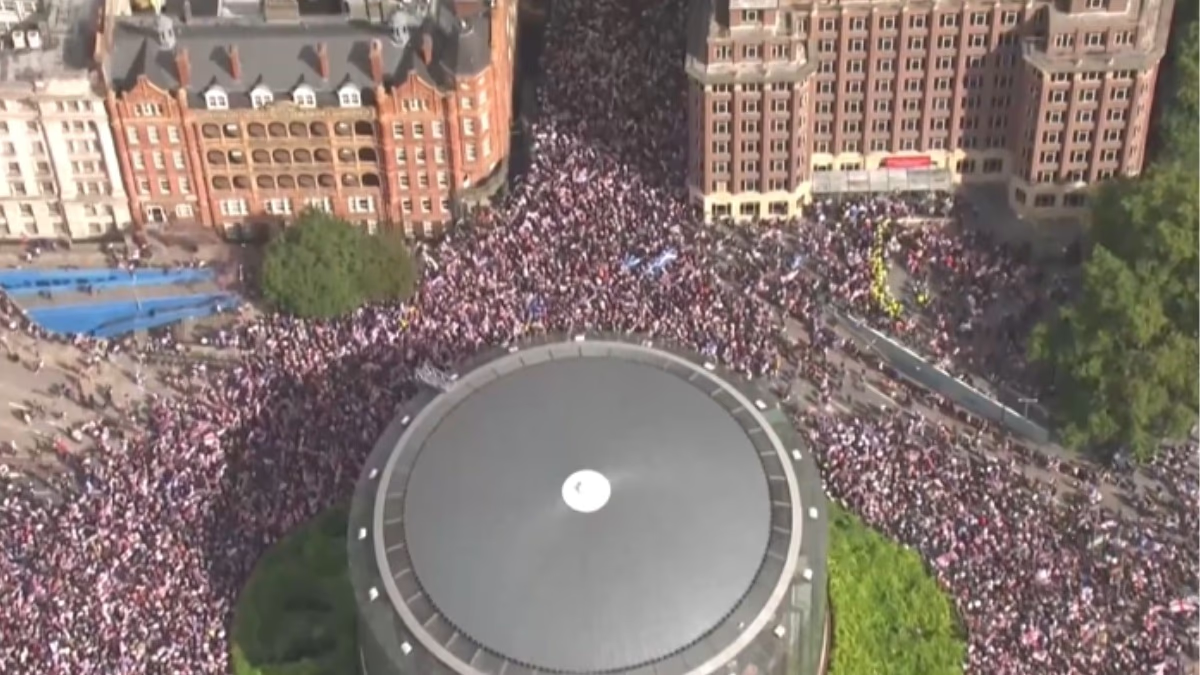After assuming the presidency, Mohamed Muizzu addressed the Maldivian parliament for the first time on Monday. In his address, Muizzu declared the nation's defiance against any foreign pressures that would endanger the independence and sovereignty of the Maldives.
During his speech, Muizzu also mentioned India. He revealed ongoing negotiations about the withdrawal of Indian troops from the Maldives, noting that one out of three aviation platforms will see the removal of Indian forces by March 10, 2024, and the remaining will be recalled by May 10, 2024.
The parliamentary session featured a scant presence of opposition. The two major opposition parties—the Maldivian Democratic Party and the Democrats—chose to boycott Muizzu's speech due to his anti-India stance.
Muizzu emphasized that the substantial vote his administration received was based on the promise of removing foreign soldiers from the nation. He assured that no agreements would be made that could potentially threaten the country's sovereignty.
The 'India Out' campaign was central to Muizzu's electoral run, which resulted in his securing 53% of the votes in last year's presidential election.
Why is Muizzu insistent on the troop withdrawal?
Before his inauguration, Muizzu made it clear that the process of removing Indian troops from the Maldives would begin the day he stepped into office.
At his first post-victory rally, Muizzu said, 'The sovereignty and freedom of the Maldives hold the utmost importance. The people do not want Indian soldiers to remain. They cannot stay here against our wishes and will.'
Muizzu's stance did not soften. During tensions between the Maldives and India over the Lakshadweep islands, Muizzu visited China for five days. Upon his return from China, his posture towards India hardened even further, setting a deadline for the withdrawal of Indian troops by March 15.
Currently, 88 Indian soldiers are stationed in the Maldives, responsible for the maintenance and operation of two helicopters and one aircraft. These were provided by India to the Maldives.
Despite the minimal presence of these soldiers, Muizzu considers them a threat to Maldivian sovereignty.
Is China driving Muizzu's assertive behavior?
Under Muizzu's leadership, the Maldives seems to be moving closer to China once again. This comes after a period from 2018 to 2023 when Maldivian-Indian relations flourished under President Ibrahim Solih.
Currently, the Maldives is indebted to China to the tune of $1.37 billion. According to the World Bank, China accounts for 20% of Maldives' total debt.
During a recent trip to China, President Xi Jinping promised to renegotiate the loan terms and also pledged an additional $130 million in economic aid to the Maldives.
The Maldives intends to reduce its dependency on Indian aid, with Muizzu announcing that Maldivian patients will now also be sent to the UAE and Malaysia for medical treatment, a shift from the long-standing reliance on India.
The economy of the Maldives, valued at a mere 5 billion dollars, seeks infrastructural strengthening with China's assistance.
Moreover, Maldivian national airline will now commence domestic flights within China. China has also pledged 50 million dollars towards the development of the tourist sector in Hulhumalé.
Maldives' strategic positioning in the Indian Ocean makes it significant for both India and China. With geopolitical tensions on the rise, the Maldives is walking a tightrope between the Asian powers.
